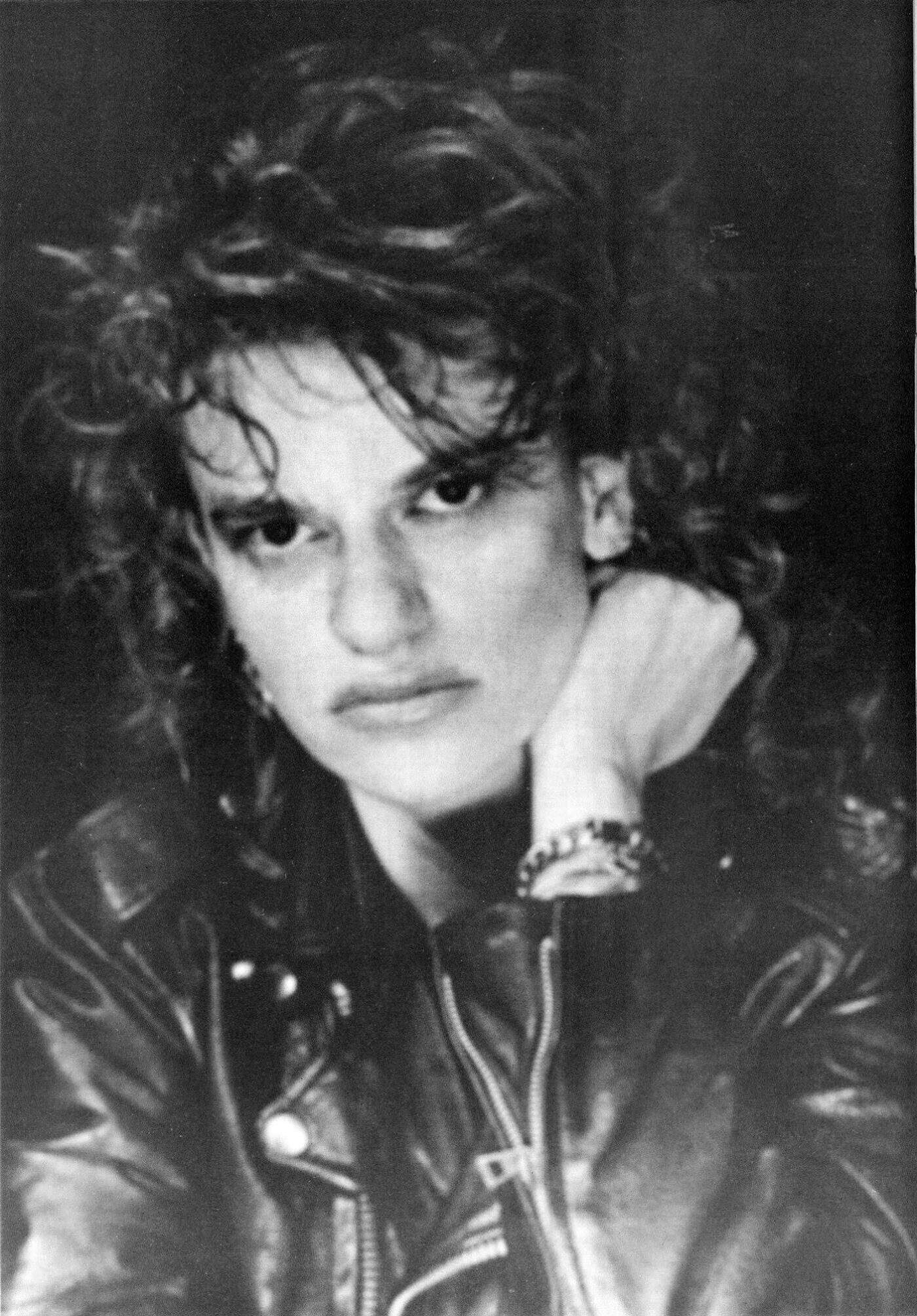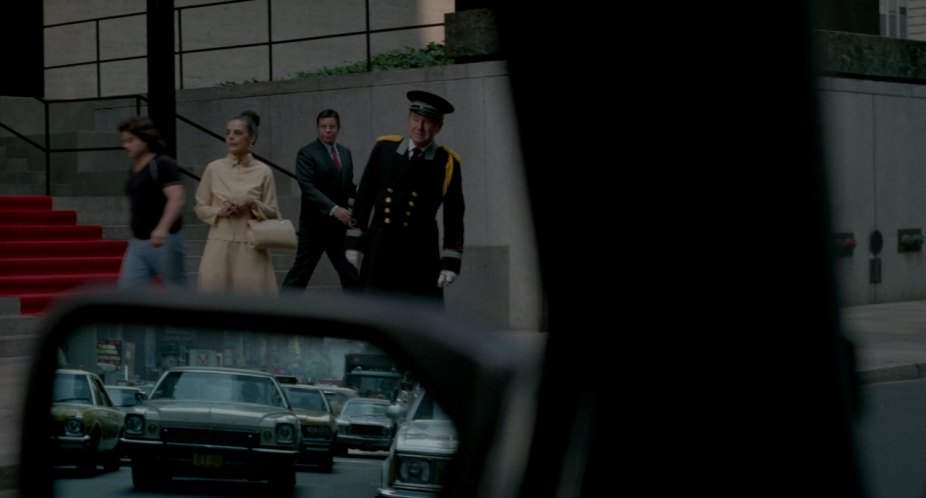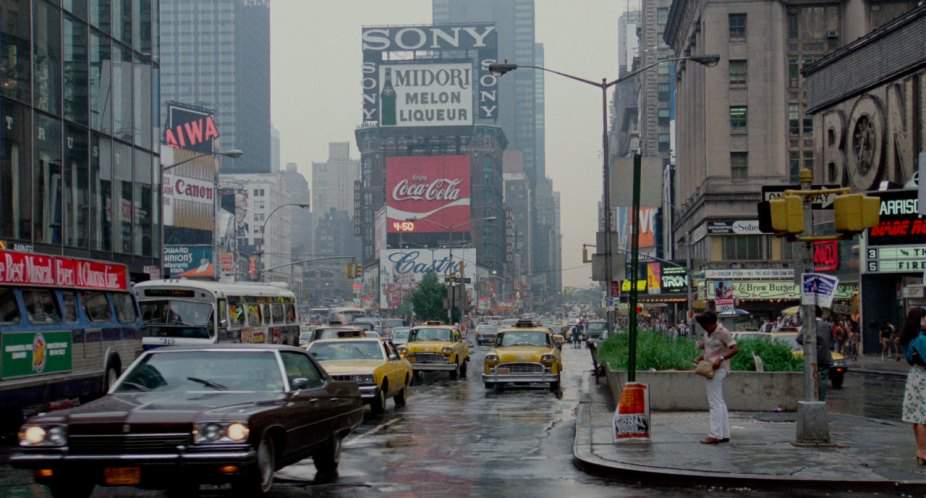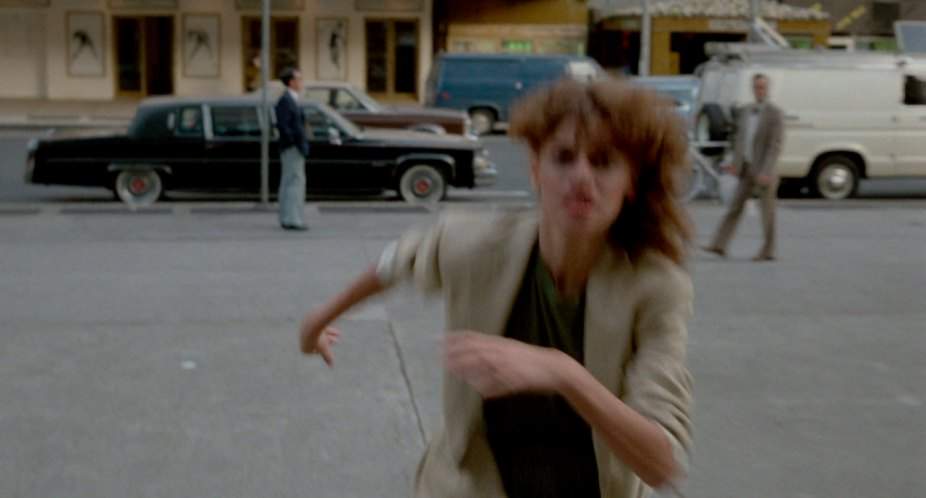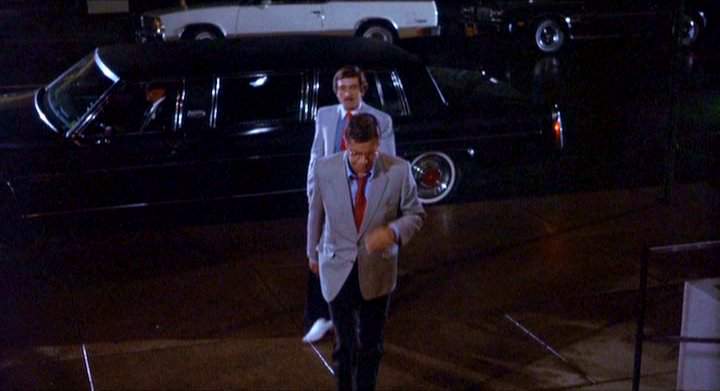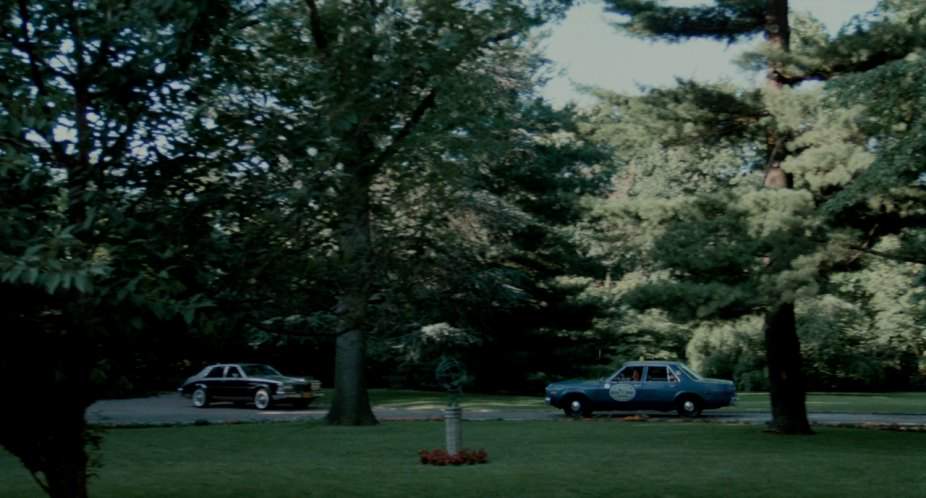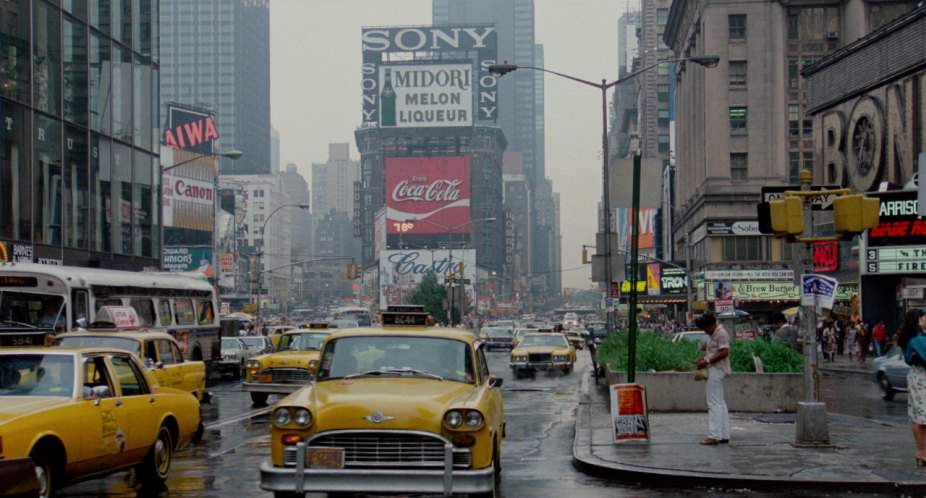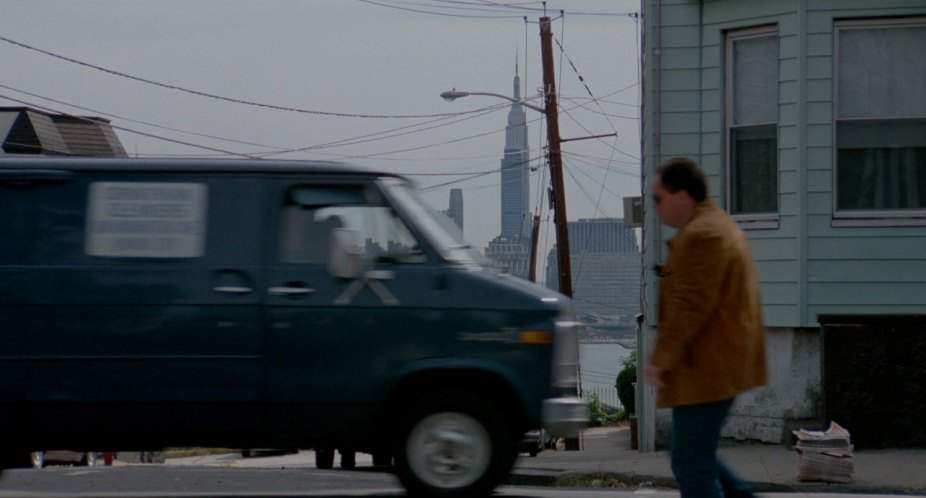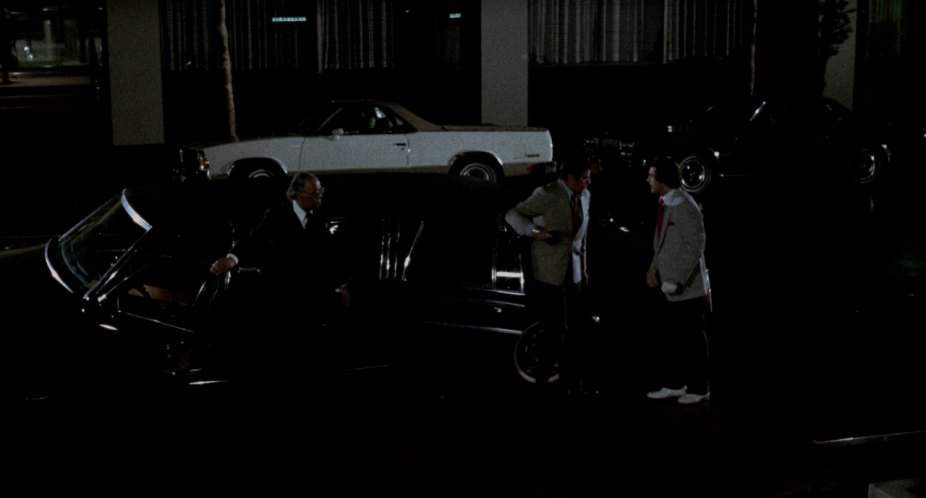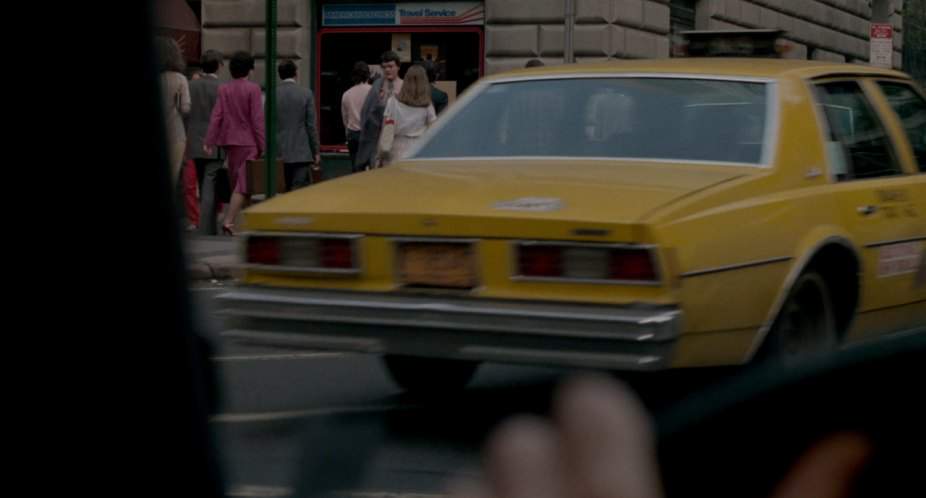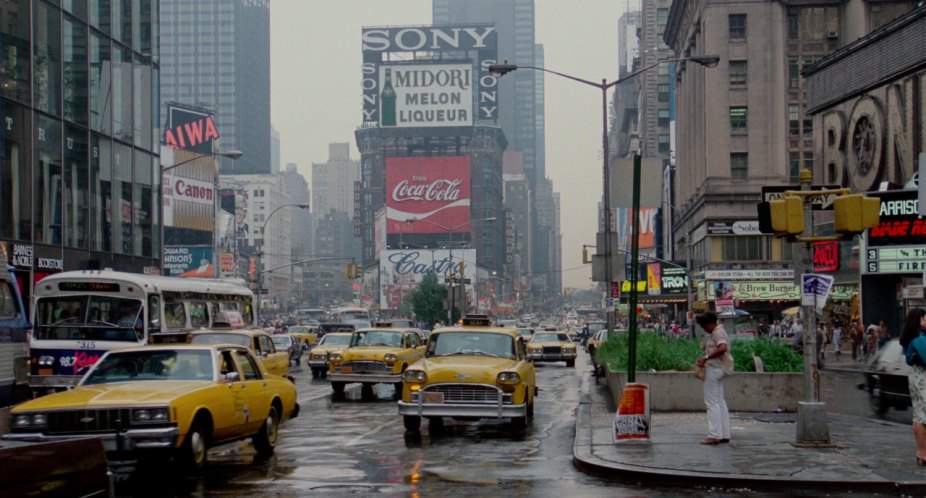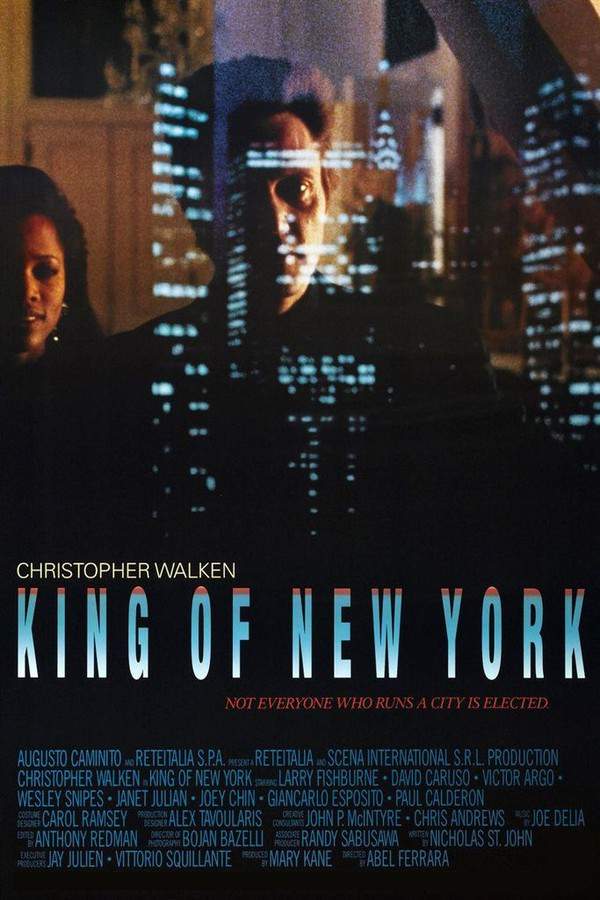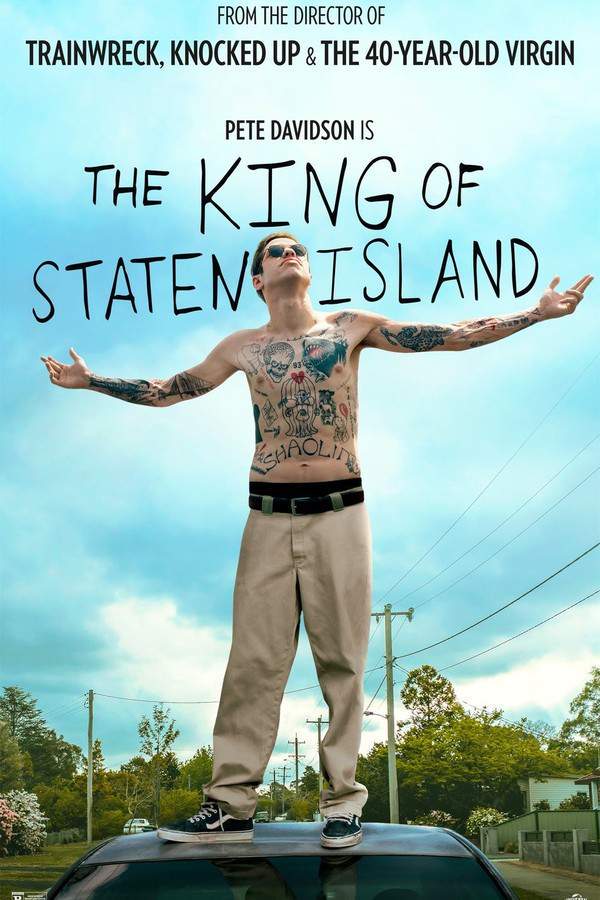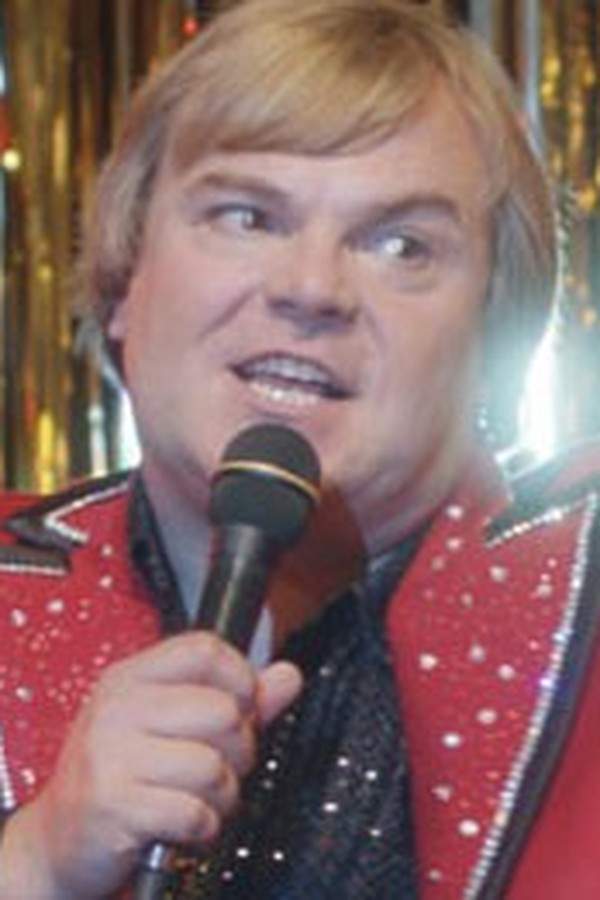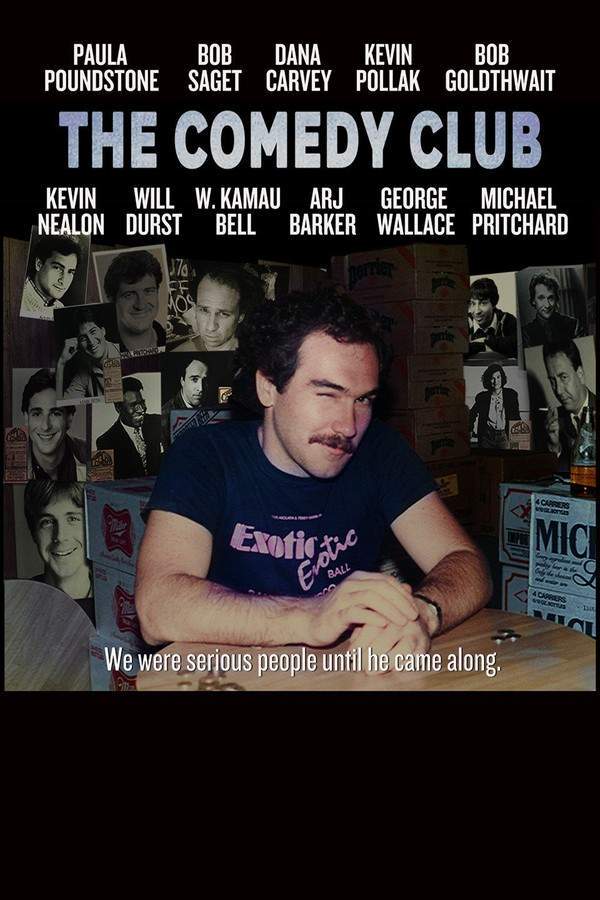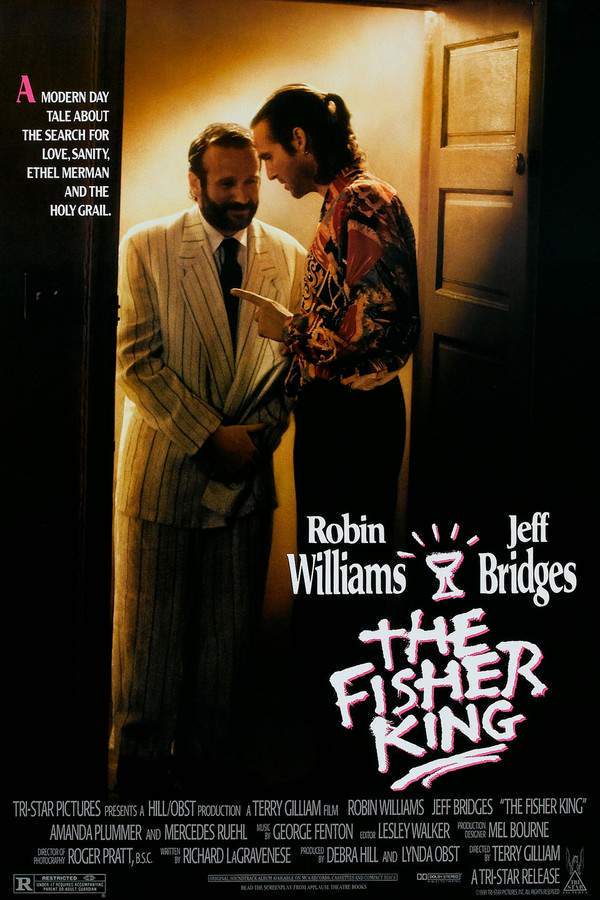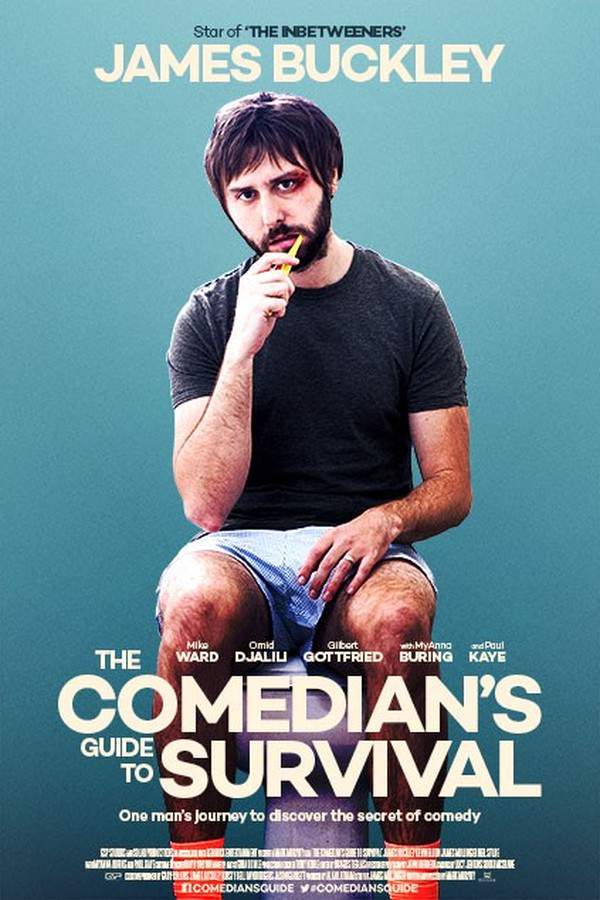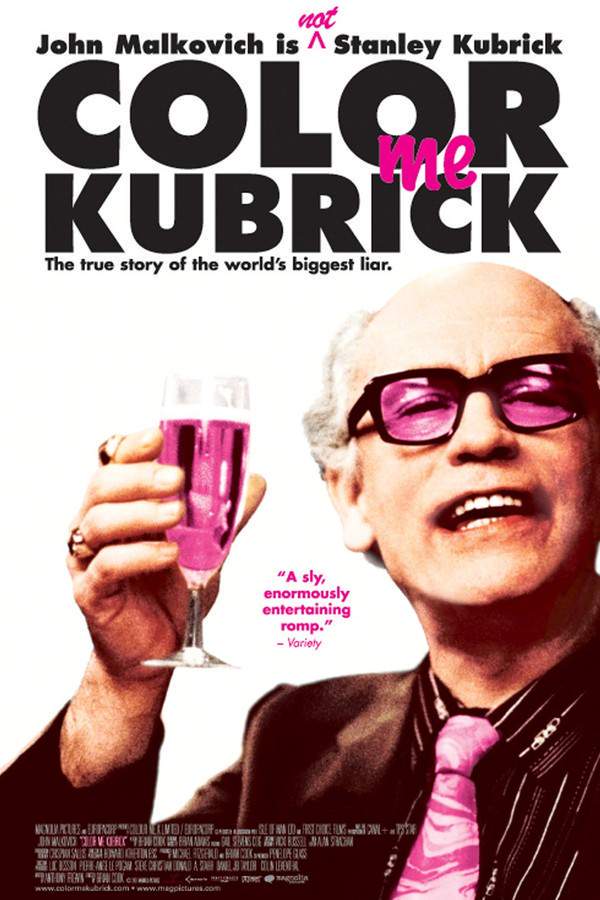The King of Comedy 1983
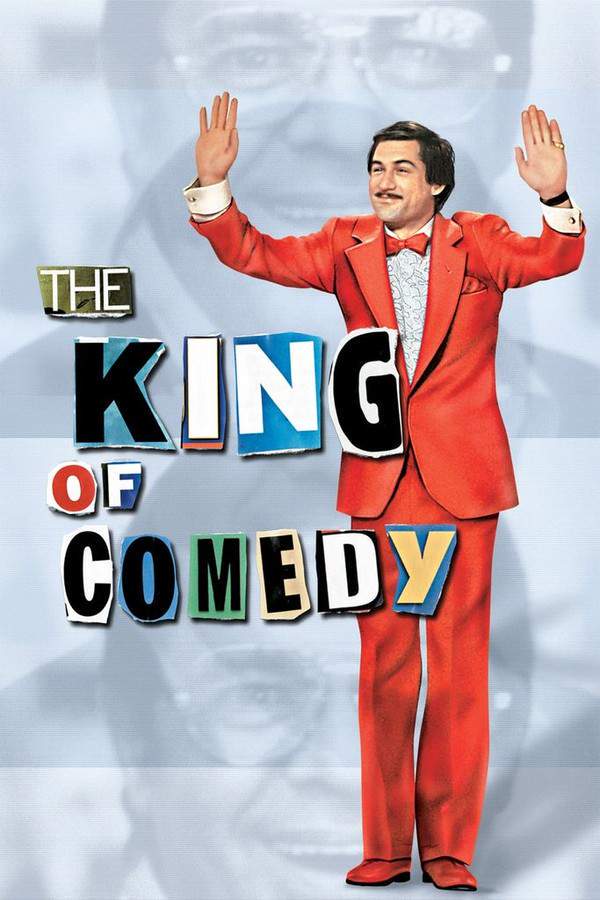
Driven by a desperate longing for recognition, Rupert Pupkin, a struggling comic, becomes dangerously obsessed with Jerry Langford, a hugely popular late-night talk show host. Unable to cope with repeated rejections, Rupert’s fantasies spiral into a disturbing reality when he takes drastic measures, kidnapping Langford and demanding a place on his show in exchange for his release. The situation escalates into a tense and unsettling confrontation.
Does The King of Comedy have end credit scenes?
No!
The King of Comedy does not have end credit scenes. You can leave when the credits roll.
Meet the Full Cast and Actors of The King of Comedy
Explore the complete cast of The King of Comedy, including both lead and supporting actors. Learn who plays each character, discover their past roles and achievements, and find out what makes this ensemble cast stand out in the world of film and television.
External Links and Streaming Options
Discover where to watch The King of Comedy online, including streaming platforms, rental options, and official sources. Compare reviews, ratings, and in-depth movie information across sites like IMDb, TMDb, Wikipedia or Rotten Tomatoes.
Ratings and Reviews for The King of Comedy
See how The King of Comedy is rated across major platforms like IMDb, Metacritic, and TMDb. Compare audience scores and critic reviews to understand where The King of Comedy stands among top-rated movies in its genre.

73
Metascore
8.1
User Score


%
TOMATOMETER

0%
User Score
Take the Ultimate The King of Comedy Movie Quiz
Challenge your knowledge of The King of Comedy with this fun and interactive movie quiz. Test yourself on key plot points, iconic characters, hidden details, and memorable moments to see how well you really know the film.
The King of Comedy Quiz: Test your knowledge about the cult classic 'The King of Comedy' and its intricate storyline.
Who is the main character aspiring to be a stand-up comedian?
Rupert Pupkin
Jerry Langford
Cathy Long
Masha
Show hint
Awards & Nominations for The King of Comedy
Discover all the awards and nominations received by The King of Comedy, from Oscars to film festival honors. Learn how The King of Comedy and its cast and crew have been recognized by critics and the industry alike.
37th British Academy Film Awards 1984

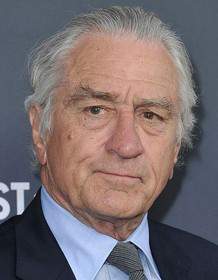
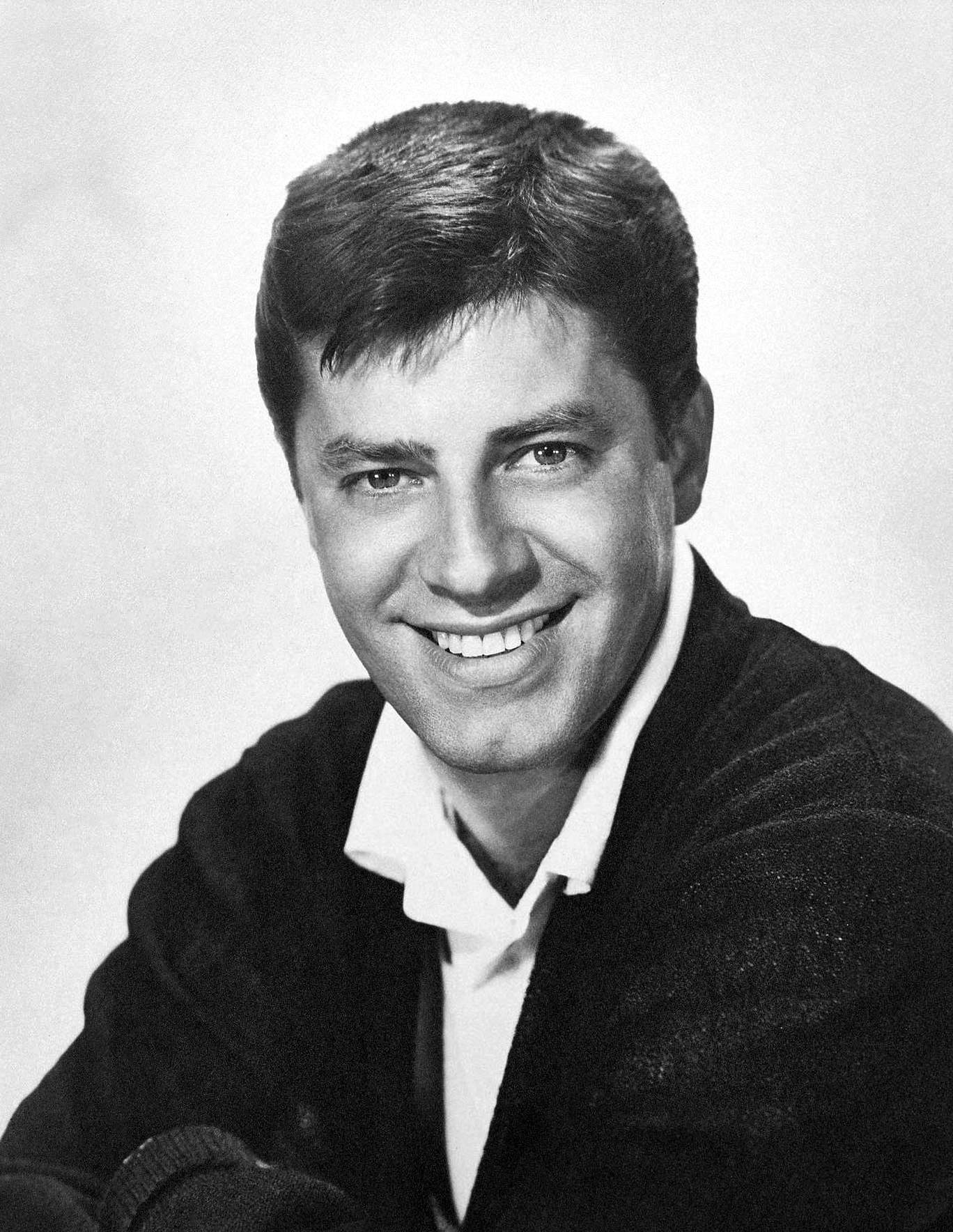
Best Original Screenplay
Best Editing
Full Plot Summary and Ending Explained for The King of Comedy
Read the complete plot summary of The King of Comedy, including all major events, twists, and the full ending explained in detail. Explore key characters, themes, hidden meanings, and everything you need to understand the story from beginning to end.
Rupert Pupkin, an overly ambitious yet hopelessly optimistic aspiring stand-up comedian, is determined to achieve greatness after crossing paths with the esteemed comedian and talk-show host, Jerry Langford. Fueled by the belief that his “big break” is imminent, Rupert becomes obsessed with securing a spot on Langford’s show. However, he faces repeated rejection from Langford’s staff, particularly from Cathy Long, and eventually from Langford himself. Amidst these disappointments, Rupert retreats into vivid daydreams where he envisions himself as a close friend and equal to Langford.
Undaunted by his misfortunes, Rupert makes a daring choice to invite Rita to join him on an uninvited trip to Langford’s secluded country home. Their hopes come crashing down when Langford abruptly returns and orders them to leave. Nevertheless, Rupert remains relentless, convinced that he can charm Langford into giving him a chance, only to face Langford’s mounting frustration. In a moment of bitterness, Rupert vows to work “50 times harder” before departing, but not without pledging a commitment to Langford.
Feeling dejected from his failures, Rupert seeks solace in Masha, another fan who shares his obsession with Langford. Together, they devise an audacious plan to kidnap Langford, insisting that he must provide Rupert with the sought-after opening spot on his show (which is guest hosted by Tony Randall) and that it be aired in full. The network surprisingly acquiesces to their demands, under the condition that Langford remains their captive until the broadcast concludes. As the taping and airing take place, Masha enjoys her envisioned “dream date” with Langford, who finds himself bound to a chair in her family’s Manhattan apartment.
However, the situation spirals when Langford manages to persuade Masha into setting him free, pretending to lure her in with charm, only to discover she’s armed with a toy gun filled with faulty pellets. In a fit of rage and desperation, Langford overpowers Masha and escapes, eventually landing downtown where he finds himself caught in the midst of Rupert’s stand-up routine broadcast on various television screens.
As Rupert takes the stage, the audience becomes enamored with his unfiltered honesty. He shares anecdotes from his tumultuous past, derisively poking fun at his life experiences. Just as the audience’s laughter reaches its crescendo, Rupert drops a shocking confession, revealing that he kidnapped Langford in a brazen pursuit of fame. The audience, still in jovial spirits, remains oblivious to the gravity of his admission, allowing Rupert to deliver a stunning closing statement: > “Tomorrow, you’ll realize I wasn’t joking, and you’ll think me certifiable. But I’d rather reign supreme for one night than remain inconsequential for an eternity.” With a challenge and a defiant grin, Rupert surrenders to the authorities, who are less than amused by his dark humor.
The film wraps up with a grave news report detailing Rupert’s criminal actions, his six-year prison sentence, and two years of parole. In a montage of storefronts filled with copies of his long-awaited autobiography, King for a Night, it becomes evident that even in his darkest moments, Rupert harbors goodwill for Langford, regarding him as a friend and mentor. As various lucrative opportunities come his way—comedy tours and adaptations of his memoirs—Rupert’s thirst for validation remains unquenchable.
The story culminates in a televised special where an exuberant announcer heralds Rupert as the acclaimed King of Comedy to an enthusiastic crowd. As thunderous applause fills the air, Rupert steps forward, a devious grin plastered on his face. The announcer exuberantly calls out, “Ladies and gentlemen, Rupert Pupkin!” as the audience erupts into a frenzy of clapping, punctuated by Rupert’s gracious waves and bows.
Uncover the Details: Timeline, Characters, Themes, and Beyond!

Coming soon on iOS and Android
The Plot Explained Mobile App
From blockbusters to hidden gems — dive into movie stories anytime, anywhere. Save your favorites, discover plots faster, and never miss a twist again.
Sign up to be the first to know when we launch. Your email stays private — always.
Watch Trailers, Clips & Behind-the-Scenes for The King of Comedy
Watch official trailers, exclusive clips, cast interviews, and behind-the-scenes footage from The King of Comedy. Dive deeper into the making of the film, its standout moments, and key production insights.
Cars Featured in The King of Comedy
Explore all cars featured in The King of Comedy, including their makes, models, scenes they appear in, and their significance to the plot. A must-read for car enthusiasts and movie buffs alike.
The King of Comedy Themes and Keywords
Discover the central themes, ideas, and keywords that define the movie’s story, tone, and message. Analyze the film’s deeper meanings, genre influences, and recurring concepts.
The King of Comedy Other Names and Titles
Explore the various alternative titles, translations, and other names used for The King of Comedy across different regions and languages. Understand how the film is marketed and recognized worldwide.
Similar Movies To The King of Comedy You Should Know About
Browse a curated list of movies similar in genre, tone, characters, or story structure. Discover new titles like the one you're watching, perfect for fans of related plots, vibes, or cinematic styles.
Quick Links: Summary, Cast, Ratings, More

What's After the Movie?
Not sure whether to stay after the credits? Find out!
Explore Our Movie Platform
New Movie Releases (2025)
Famous Movie Actors
Top Film Production Studios
Movie Plot Summaries & Endings
Major Movie Awards & Winners
Best Concert Films & Music Documentaries
Movie Collections and Curated Lists
© 2025 What's After the Movie. All rights reserved.



